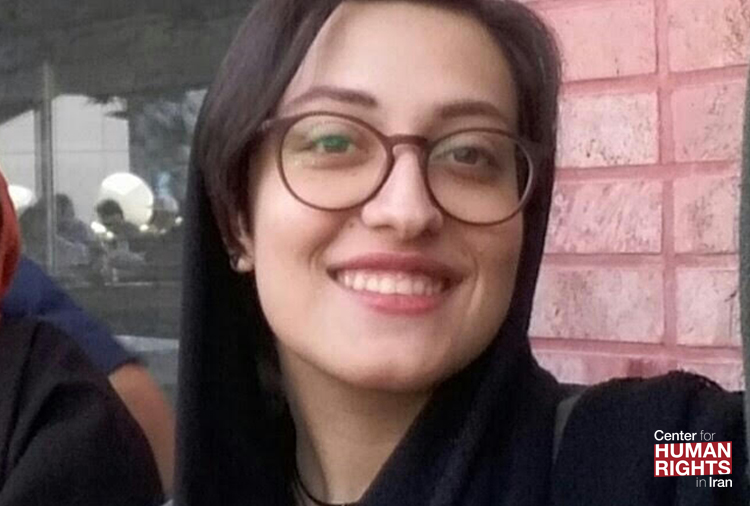Baha’i Student Expelled From Iranian University One Year Before Graduation

JUNE 14, 2018
Soha Izadi was expelled from a university in the Iranian city of Zanjan, 207 miles west of Tehran, in March 2018 because of her Baha’i faith, a source close to the 21-year-old student’s family informed the Center for Human Rights in Iran (CHRI) on June 11, 2018.
“On March 14 [2018], when winter semester exams were being held, the university’s training department contacted Ms. Izadi and told her that they had received a letter from the Education Evaluation Organization’s ethics division that said she is not able to continue her studies,” the source who requested anonymity for fear of reprisals told CHRI.
“Her name was removed as a student at the university and she could no longer access its website,” added the source.
After being accepted at the Institute for Advanced Studies in Basic Sciences in 2015, Izadi earned 150 credits from the university and had aimed to receive her undergraduate degree in 2019.
Izadi, whose parents were also prevented from attending university in Iran during their youth because of their Baha’i faith, were told by university officials that the only way she could continue her studies was by renouncing her Baha’i faith.
Article 1of Iran’s Supreme Cultural Revolution Council’s Student Qualification Regulations, approved by Supreme Leader Ali Khamenei in 1991, bars Baha’is from attending university. Article 3 also states that a student will be expelled if he or she is identified as Baha’i after enrolling in a university.
Iran’s Constitution does not recognize the Baha’i faith as an official religion. Although Article 23 states that “no one may be molested or taken to task simply for holding a certain belief,” followers of the faith are denied many basic rights as one of the most severely persecuted religious minorities in the country.
In November 2017, three expelled Baha’i university students— Rouhieh Safajoo, Sarmad Shadabi, and Tara Houshmand—were sentenced to five years in prison each by Judge Mohammad Moghisseh of Branch 28 of the Revolutionary Court in Tehran for demanding the right to pursue higher education as Iranian citizens.
In April 2018, Iranian Foreign Minister Mohammad Javad Zarif denied that Baha’is are persecuted in Iran for their religious beliefs.
“Being a Baha’i is not a crime [in Iran],” he told an audience at the Council on Foreign Relations in New York.
He continued: “We do not recognize somebody as a Baha’i, as a religion, but that’s a belief. Somebody can be agnostic; somebody can be an atheist. We don’t go—take them to prison because they are an atheist. So this is the difference that you need to make. But being—also, being a Baha’i does not immunize somebody from being prosecuted for offenses that people may commit.”
No comments:
Post a Comment